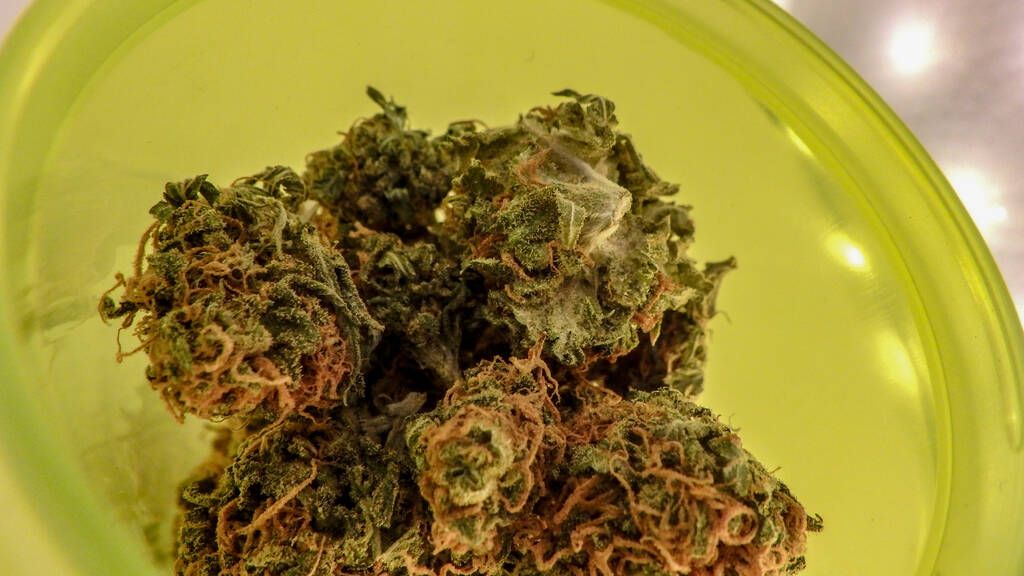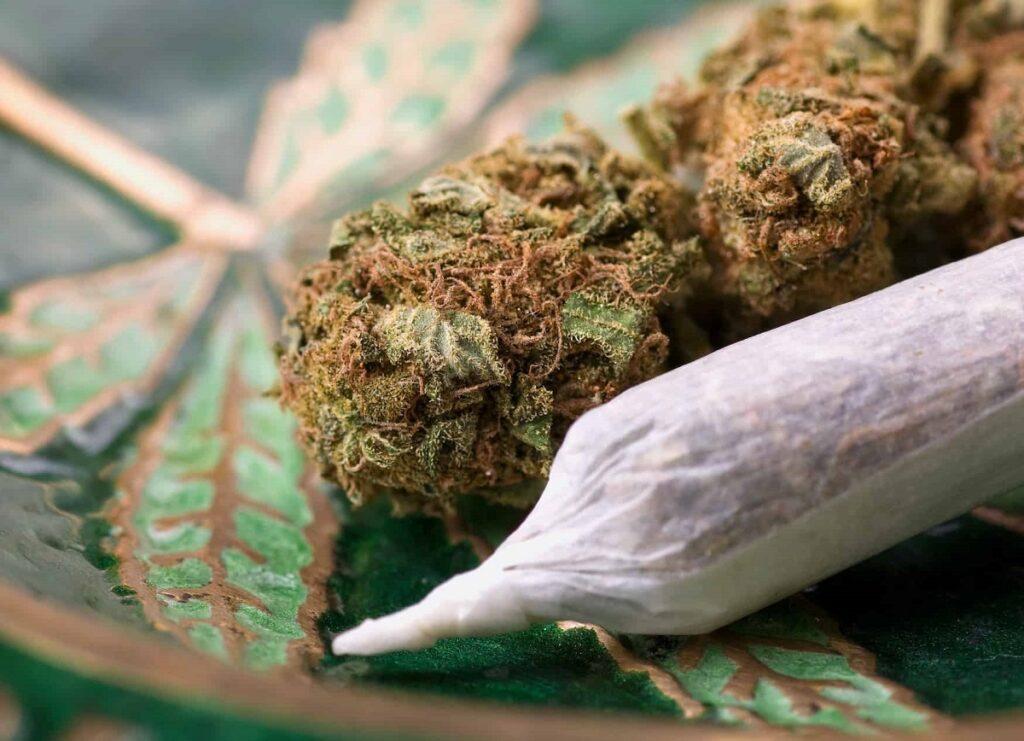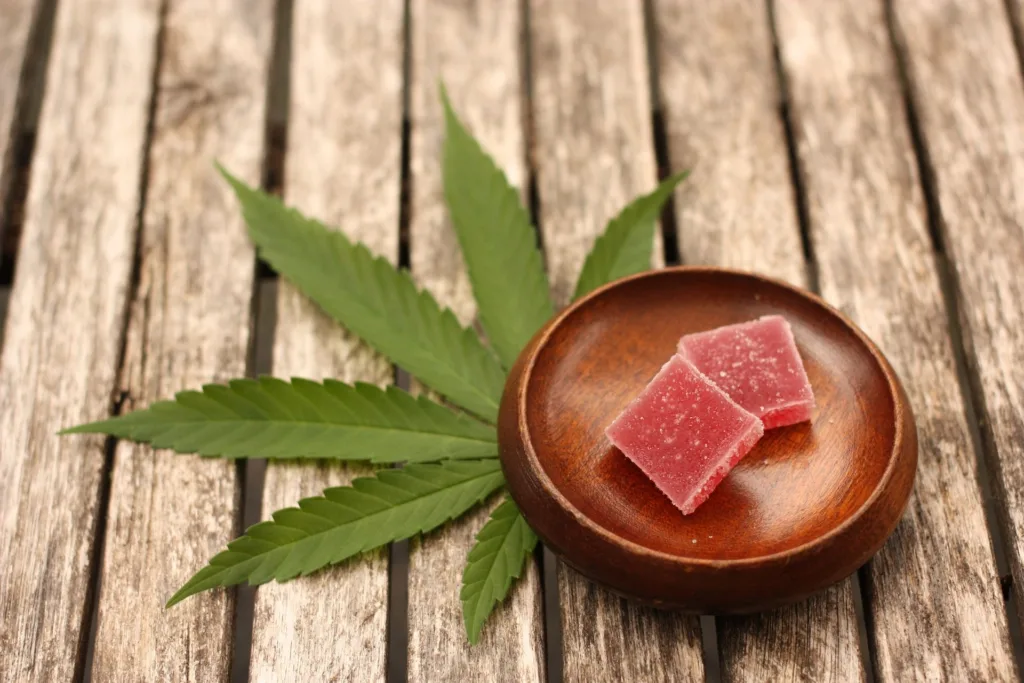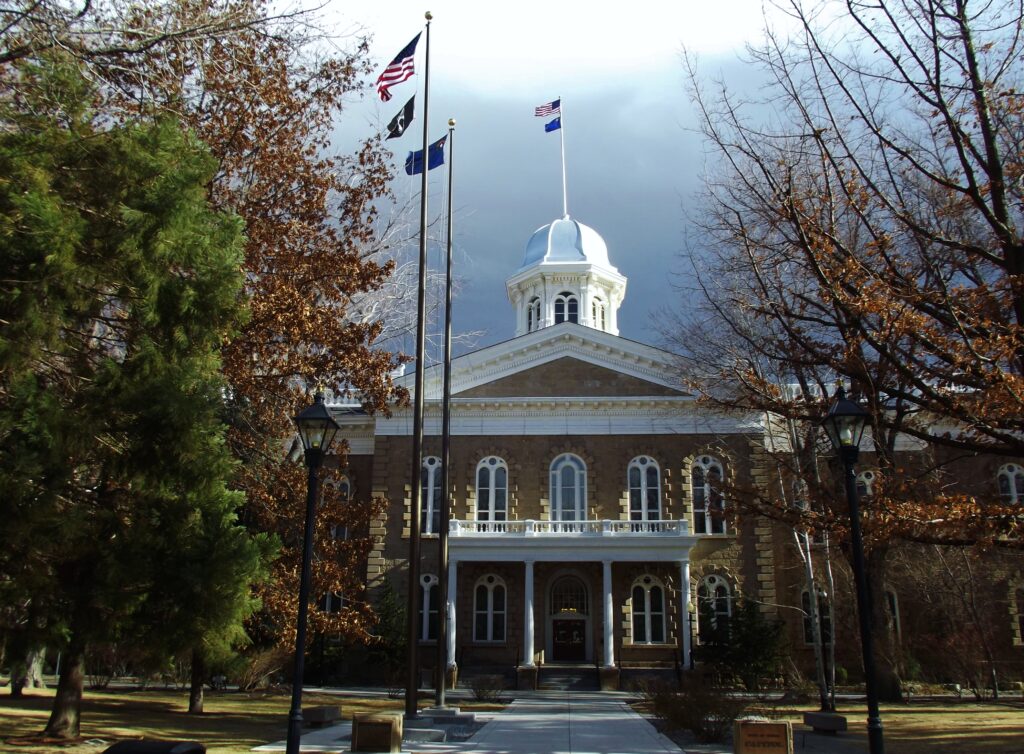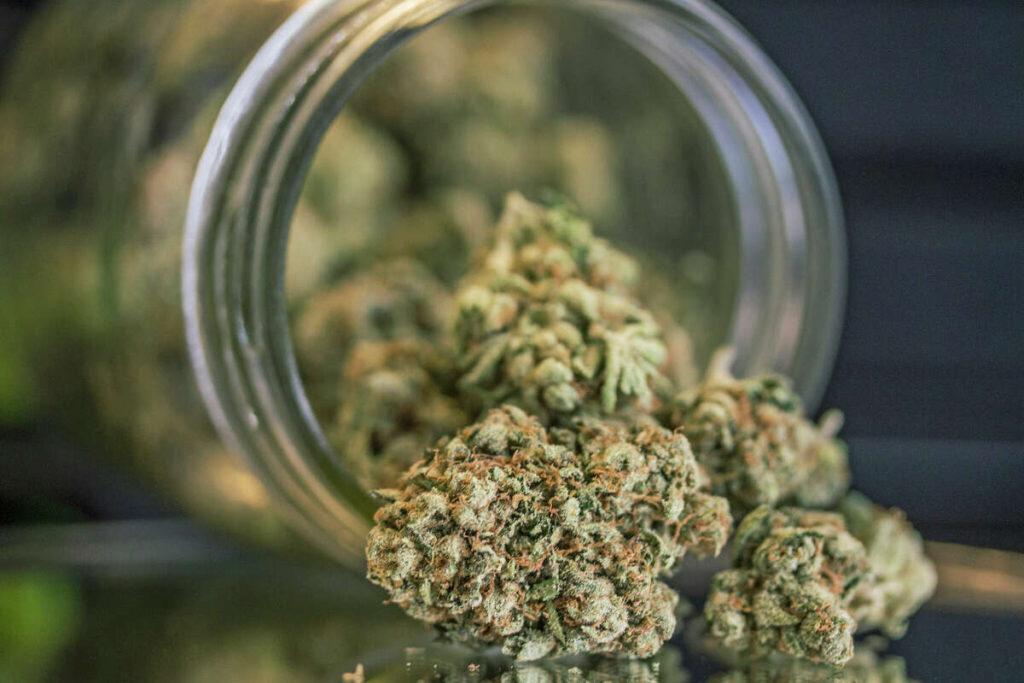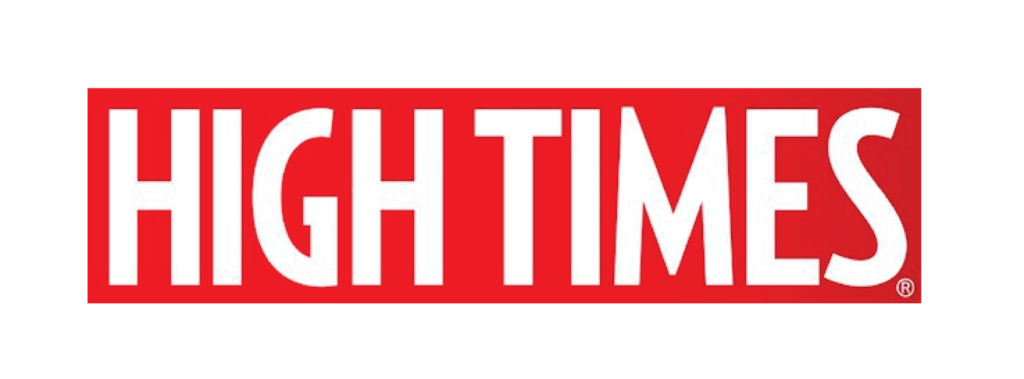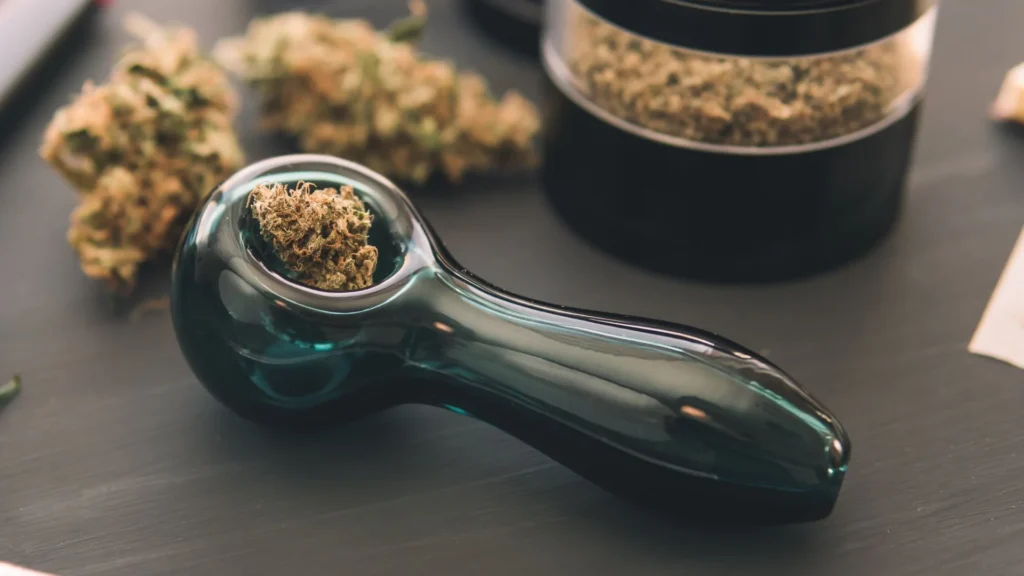The Multidisciplinary Association for Psychedelic Studies (MAPS), a 501(c)(3) nonprofit organization that has led the psychedelic movement since 1986, has released a template comment letter to assist organizations and individuals in submitting public comments on the U.S. Sentencing Commission’s (USSC) proposed amendments to federal drug sentencing guidelines.

The USSC is currently accepting public comments through March 3, providing a critical opportunity for advocates to voice their support for fairer, evidence-based responses to drug offenses.
The USSC is an independent agency in the judicial branch that establishes federal sentencing guidelines and advises Congress on crime policy. It is comprised of seven bipartisan commissioners appointed by the President and confirmed by the Senate. The proposed amendments include lowering the maximum recommended sentences and considering mitigating factors that could lead to shorter prison terms.
Continue reading


